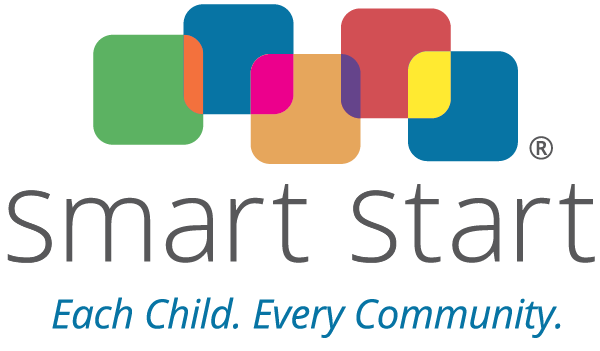
About our Advocacy
We work to build support for key issues affecting the early childhood community through strategic advocacy efforts and meaningful collaborative partnerships.
By organizing, mobilizing, and creating spaces for advocacy, we strive to influence legislators’ and policymakers’ opinions and activities in order to improve the lives of children and families in our community and create lasting change.

